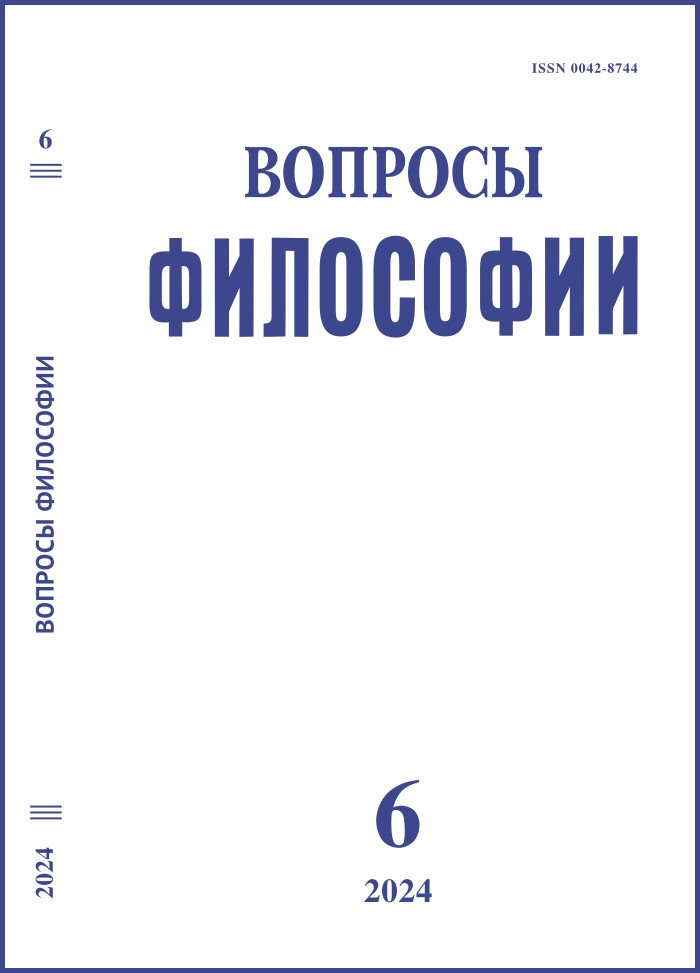Toolkit for Ethical Assessment of Representation of Nations in Digital Military Games
DOI:
https://doi.org/10.21146/0042-8744-2024-6-84-93Keywords:
digital games, military games, individual, society, nation, Kant, Huizinga, Bryshinkin.Abstract
The current study presents a toolkit for ethical assessment of the representation of national traits in military digital games, which rests on two pillars: 1) metaethical – ontological definition of the status of digital game’s being; 2) socio-anthropological – definition of the role of the nation in the realization of human freedom. The meta-ethical pillar makes it possible to determine the status of being of digital games and reveal whether they influence the player’s view of the world beyond the game. Johan Huizinga’s concept of the magic circle in conjunction with the concept of an intellectual system of world model formulated by Vladimir Bryshinkin allows us to consider military digital games as intellectual products that shape understandings of man and the world. The socio-anthropological pillar of the research is focused on the Kantian concept of freedom as the basis of the criterion for assessing the image of a nation in digital games. The history of humankind from the perspective of Kantian practical philosophy is the history of free development, in which all individuals and all nations should be equal participants. The toolkit of ethical assessment of national traits represented in digital military games can serve as a reason for their developers to reconceptualize their own responsibility for the content of the published work.

